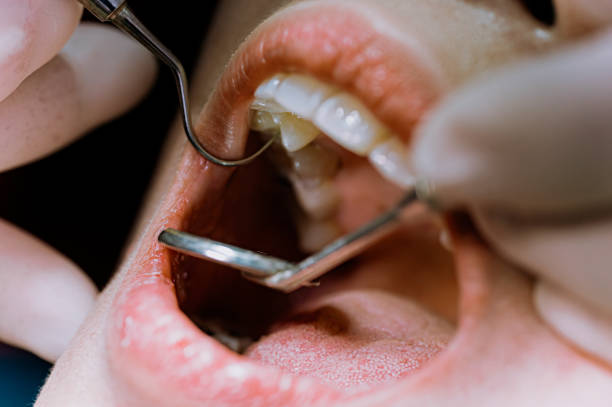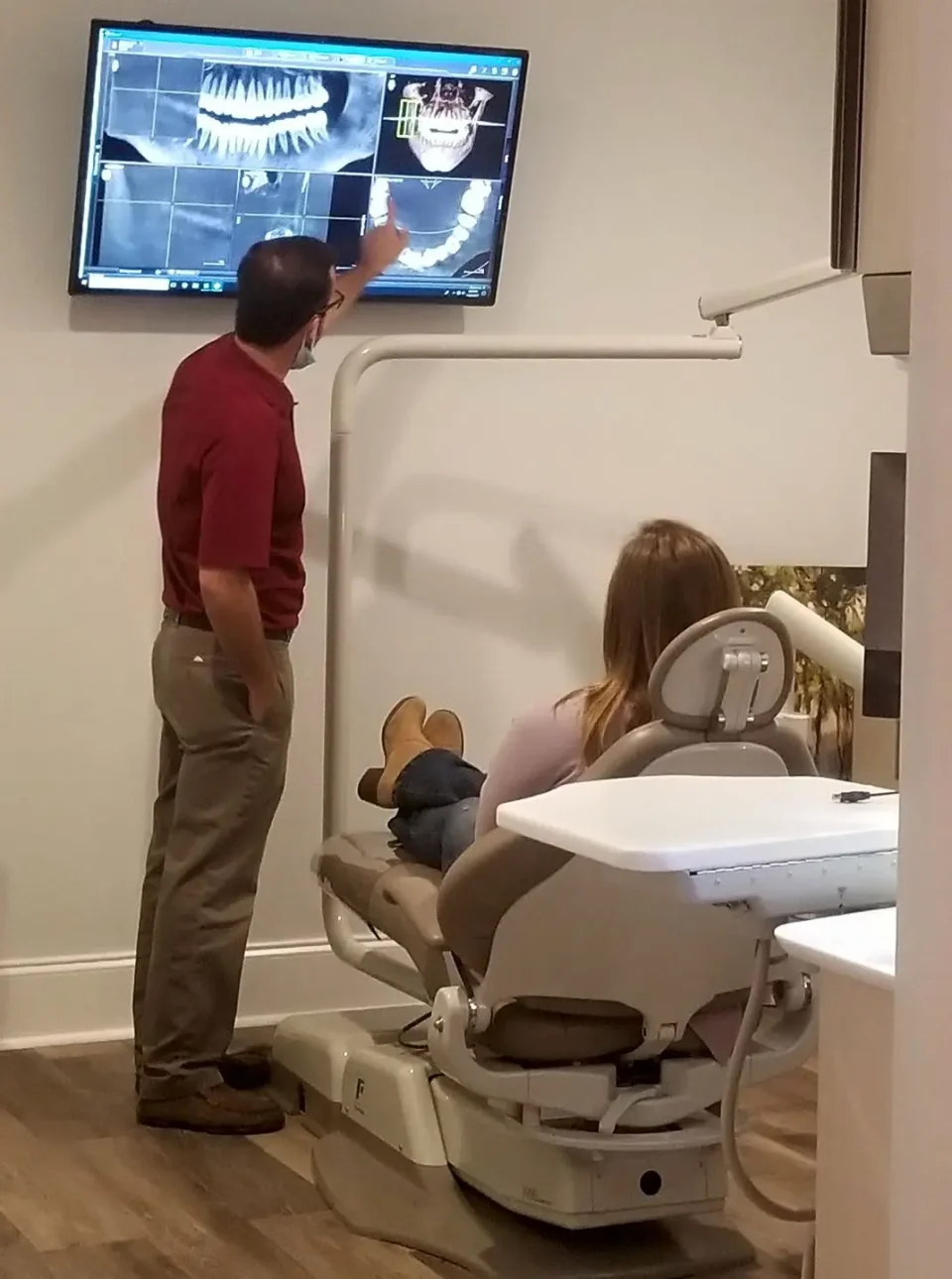Dental Bridges and Memory: Why Missing Teeth Affect More Than Just Your Smile
When you lose a tooth, the change is instantly noticeable—your bite feels off, your smile might dim, and you may become more self-conscious. But while the cosmetic and functional consequences are well known, there’s a lesser-known consequence quietly unfolding beneath the surface: your brain could be taking a hit too.
Tooth loss isn’t just a matter of aesthetics or chewing, it’s increasingly being linked to cognitive decline and memory loss. Yes, really. The connection between your mouth and your mind is stronger than most people realize, and researchers are now uncovering how oral health plays a surprising role in preserving mental sharpness.
That’s where dental bridges enter the conversation, not just as a tool for restoring your smile, but as a potential player in maintaining brain health.
Let’s explore how missing teeth influence memory, the role dental bridges play in this equation, and why taking care of your smile could be one of the smartest things you do for your brain.
How Can Tooth Loss Impact Brain Function Over Time?
Tooth loss may seem like a localized problem. After all, it’s happening in your mouth, not your head. But studies show that losing teeth can actually trigger a series of neurological effects, some of which manifest over time as memory problems, cognitive slowdowns, and even an increased risk of dementia.
Each tooth isn’t just a passive chewing surface. It’s connected to nerves, blood vessels, and jawbone, all of which feed signals to the brain. When teeth are lost, especially in large numbers, the brain receives fewer signals from the mouth, leading to reduced stimulation of the hippocampus, the area responsible for memory and learning.
Additional ways tooth loss affects brain function:
- Reduced neural feedback
When we chew, our brain receives constant input. Fewer teeth mean less input, which may reduce overall cognitive stimulation. - Impaired nutrition
People with missing teeth often avoid nutrient-dense foods that require more chewing like fruits, vegetables, and lean meats. Poor nutrition, especially in aging adults, can accelerate mental decline. - Chronic inflammation
Gum disease and untreated tooth loss can lead to low-grade chronic inflammation, something now strongly linked with neurodegenerative conditions. - Bone loss and facial structural changes
Jawbone deterioration affects posture and blood circulation to the head and neck, which can indirectly influence oxygen delivery to the brain.
Tooth loss isn’t just cosmetic—it’s a neurological event with far-reaching implications.
What is the Link Between Chewing Ability and Cognitive Health?
Chewing is something we do dozens of times a day without thinking. But behind that action is a complex chain of muscular, neurological, and sensory coordination. Every bite, grind, and swallow engages not only your jaw but also your prefrontal cortex and hippocampus (areas of the brain tied to executive function and memory).
Numerous studies have shown a clear connection between mastication (chewing) and brain activity. When chewing is impaired, whether due to missing teeth, ill-fitting dentures, or a poor bite, brain stimulation decreases, and with it, cognitive function may gradually suffer.
How chewing supports brain health:
- Increased cerebral blood flow
Chewing boosts blood circulation to the brain, helping deliver oxygen and nutrients that maintain neuron health. - Neuroplasticity stimulation
The act of chewing helps stimulate the growth of new neural pathways, especially important as we age. - Enhanced memory recall
Some research suggests that chewing gum or maintaining active mastication during tasks can improve short-term memory performance. - Stress reduction
Chewing can lower cortisol levels and improve concentration—benefits that contribute to a clearer, more focused mind.
When chewing is compromised, so is this mental workout. Over time, the underuse of these neurological circuits could accelerate age-related cognitive decline.
Do Dental Bridges Help Reduce The Risk Of Memory Decline?
Now here’s the hopeful part. If tooth loss affects memory by disrupting chewing and sensory input, then restoring those teeth, especially with functional, fixed options like dental bridges can mitigate that decline.
Dental bridges don’t just fill a gap. They restore the biomechanics of chewing, which in turn maintains the neural activity that keeps your brain engaged. Bridges re-establish contact with the opposing teeth, recreate a balanced bite, and promote normal chewing habits that are vital for cognitive function.
How dental bridges support cognitive health:
- Restoration of chewing efficiency
Bridges allow you to chew more naturally, activating the full range of jaw motion and related brain stimulation. - Improved nutrition intake
With a complete set of teeth, patients are more likely to eat the crunchy, fibrous, and nutrient-rich foods that support overall brain health. - Prevention of further tooth shifting
Missing teeth lead to drifting and misalignment, which can further impact bite and chewing. Bridges help preserve dental structure and function. - Emotional well-being and social confidence
Patients with restored smiles are more likely to engage socially, smile more, and reduce isolation, all of which protect mental health and brain resilience.
While no dental treatment can promise to ward off Alzheimer’s or dementia, dental bridges are a powerful preventative tool in supporting both physical and mental well-being—especially in older adults.
Why Does Missing Teeth Affect More Than Physical Appearance?
We often talk about missing teeth in terms of looks, smile gaps, sagging cheeks, or the embarrassment of a visible void. But missing teeth carry deep, systemic consequences that ripple through multiple aspects of health.
Beyond brain health, tooth loss impacts:
1. Self-esteem and social interaction
People with missing teeth often feel embarrassed or withdraw from conversations and photos. This can lead to social isolation, anxiety, and even depression—all of which are linked to poorer memory retention.
2. Speech and communication
Teeth play a crucial role in pronunciation. Missing front teeth, in particular, can affect clarity of speech, making communication difficult and frustrating.
3. Facial structure
Without the support of teeth, the jaw begins to shrink, lips collapse inward, and the entire face can appear aged prematurely.
4. Digestive health
Inadequate chewing leads to larger food particles reaching the stomach, which can affect digestion and nutrient absorption, ultimately impacting energy and cognitive function.
5. Sense of identity
There’s a psychological component, too. Losing teeth can feel like losing a part of yourself, triggering feelings of aging, vulnerability, or even grief.
Dental bridges help restore much more than a smile, they rebuild confidence, function, and health, all of which contribute to better brain performance and quality of life.
A Bridge to Better Memory Starts in the Mouth
Tooth loss isn’t just a cosmetic problem or a chewing inconvenience—it’s a neurological and psychological tipping point. The connection between oral health and cognitive health is becoming clearer by the year, and ignoring missing teeth may mean more than missed meals, it could mean missed memories.
Dental bridges are a quiet, elegant solution. They restore balance. They reignite normal chewing patterns. And they bring back something people often don’t realize they’ve lost: a continuous stream of neural stimulation that keeps the brain alert and active.
So if you or someone you love is living with missing teeth, don’t put off replacement. Because the next time you chew on something, know that your brain is chewing too.
Bridge the Gap For Your Smile and Your Mind
At Crescent Family and Cosmetic Dentistry of Columbia, we believe restoring teeth restores far more than appearance; it revives confidence, function, and cognitive vitality. Discover how dental bridges can protect your long-term health and keep your mind as strong as your smile. Schedule your consultation today.


